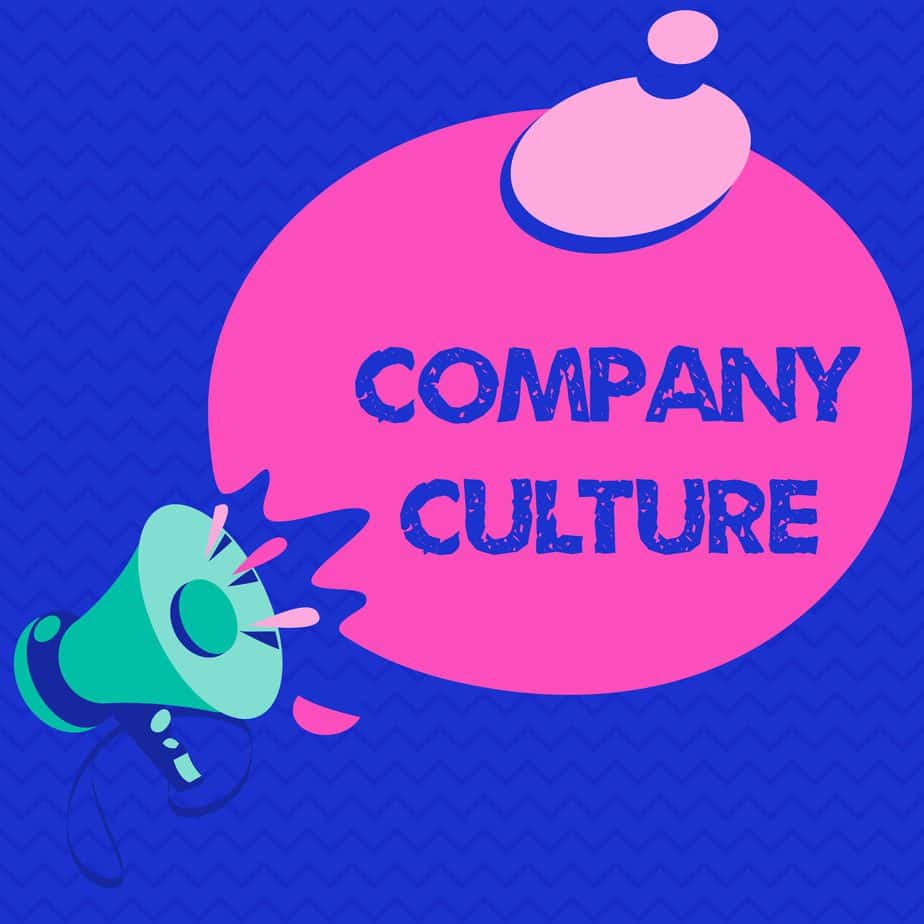One of the biggest disappointments for new hires is to feel the excitement of starting a new job slowly devolve into frustration as they realize that much of what they promised in the recruitment process about the company culture is not accurate. Company culture includes explicit or unspoken norms about how things get done, what types of actions and styles get rewarded, and the values that predominate.
As a career coach, I help clients to investigate like a detective to evaluate a company culture to decide whether to accept or reject a job offer.
Here are some of my favorite areas for research:
How is talent attrition vs retention?
Thanks to the magic that is LinkedIn, we no longer have to rely on what companies claim and we can explore this data on our own. Look at the trends for people who have similar jobs to what you would do for a company. If everyone is leaving after six months, and worse, leaving with no new job lined up, that’s a bad sign.
If you are evaluating a startup so there isn’t data, you may have to dig deep to figure out the trends for the people with whom you will be working. Look to see if people followed the team members from company to company, as that is a good sign.

What is the boss like?
The reason career coaches say that people leave bosses, not jobs, is because your boss influences your daily quality of work life to such a large extent, even more than the larger company culture does. Also, the people who get promoted into leadership often exemplify the company culture and their level reflects the alignment.
Recruiters and bosses know what job seekers want to hear, so make sure you ask questions in an open-ended instead of leading way, or your questions will signal clues about what they should tell you to persuade you to take a job offer. When job seekers ask leading questions like, “Do you have good work-life balance here?”, I joke that this is leading the witness. Nine out of ten bosses will say, “Yes,” whether that is true or untrue.
Suggested questions include:
– What three words best describe the company culture here?
– What characteristics lead to success here?
– What is your pet peeve at work?
– I’d love to hear about a time someone here was experiencing a work/family conflict and how the company handled it.
– What’s an example of a mistake someone here made, and how did the company respond?
I once had a boss whose pet peeve was employees arriving late in the morning. It was his single biggest concern. I am not a morning person, plus I was a mother of two young children, and I had a long commute. I am also a person who wants to emphasize results and not face time. I don’t know if he would have answered truthfully if I had asked him about his pet peeve, but I think he might have, and I could have clarified before I started the job that I prefer to start a bit later in the day and then catch up on work at 11 pm after my children were asleep. Once you accept a job, however, it is more difficult to negotiate such details.
How does the company support career development?
The main differentiation here is whether companies support the active learning and professional networking opportunities for their employees or whether they consider such participation to be too expensive in money or time. You can evaluate whether a company invests in its employees by observing whether they pay for continuing education, conferences, and coaching.
Companies with a fear-based culture don’t want their employees outgrowing their jobs and don’t want their employees out in the world meeting people because then the employees might realize they could get a better deal somewhere else. Companies with a growth-based culture want the best for their employees and trust that people who are gaining new skills and relationships make better employees who contribute more.
How does the company’s leadership react to difficulties?
It is easy to do the right thing when everything is going well. It is harder to do the right thing during times of stress and challenge.
COVID-19 gave us a great way to evaluate leadership responses during a crisis. You can find employee comments all over the web that describe how companies took steps to keep their employees safe vs companies that endangered their employees and then either ignored or punished employees who expressed concerns.
More recently, in Texas, the infrastructure crisis where people lost power and water also showed differences in how employers responded. Starbucks and Indeed are two companies whose employees raved about the corporate policies toward stressed employees. Treating employees well creates loyalty.
Conclusion
These are just a few of the questions that can help you determine whether a company is the right fit for you. If you have a favorite question you have found to be helpful in investigating a company’s culture, please send it to me, and if you found this article helpful, please share it.




